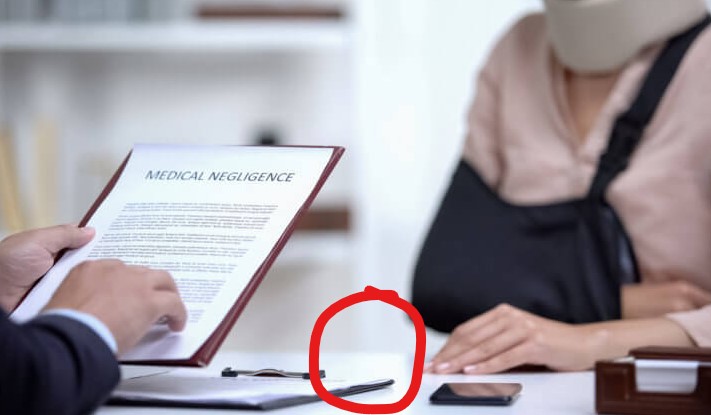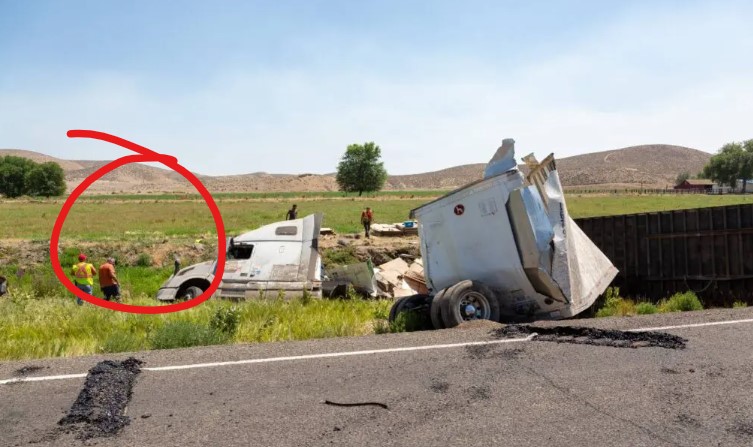BOOK A FREE CONSULTATION NOW!
In Hurry? Dial +12-135-960-265 Now!

When hiring a personal injury attorney in California, your expectation may be for them to represent your interests until completion. Unfortunately though, sometimes this happens, and understanding why and what steps need to be taken next can help make things less overwhelming for both of you.
In this article, we are going to discuss why and how personal injury lawyers may drop your case, as well as what should happen should this happen to you.
Reasons Your California Personal Injury Lawyer May Drop Your Case
There can be several valid reasons that cause a personal injury attorney to end their representation of their clients; these could range from professional, ethical, or practical concerns:
1. 1st Reason Your Lawyer Drop Your Case is Lack of Expertise or Competence
A lawyer who knows they don’t possess the requisite experience may withdraw at an inflection point in your case if they realize an out-of-court settlement option is no longer viable and they feel unequipped for litigation. This typically happens if out-of-court negotiations prove futile or no settlement agreement can be achieved out of court.
2. Insufficient Recoverable Damages
Your lawyer may judge the value of compensation received as insufficient to justify taking on your case, especially where damages are minimal and the time investment required is high; they might consider this case not financially worthwhile to pursue further.
3. Lacking Evidence
A successful legal case relies on evidence pointing out wrongdoing by another party, so if your lawyer deems there is not enough material evidence available they may feel that your claim cannot win and withdraw it altogether.
4. Lack of Resources
Certain cases require expensive resources for proper representation – expert witnesses, accident reconstruction services, or medical evaluation can all require substantial funds, which your lawyer might lack without you having an appropriate defense strategy in place. Without enough money available they won’t be able to continue representing you properly.

BOOK A FREE CONSULTATION NOW!
In Hurry? Dial +12-135-960-265 Now!
5. Conflict of Interest
If an attorney previously represented one party against whom they now oppose or otherwise has professional or personal conflicts of interest with them, ethical rules require they withdraw as representation for that case.
6. Ethical Considerations
Attorneys abide by professional codes of conduct that regulate their work as legal professionals. If continuing to represent you would violate one or more of these principles – for instance pursuing claims they believe to be frivolous or unethical – then they may withdraw as your representation.
7. Disagreements Over Legal Strategy
If clients and lawyers cannot come to an agreement regarding legal strategy, one or both may withdraw. For example, if you insist upon pursuing trivial matters or expecting unrealistic outcomes that your lawyer cannot represent you on, their representation could come to an end.
8. Unrealistic Expectations from Clients
A lawyer should withdraw representation if their client persists in demanding results that seem unrealistic based on evidence and circumstances.
9. Irreconcilable Breakdown in Attorney-Client Relationship
Trust and communication between attorney and client is crucial; should this relationship break down irreconcilably, lawyers may feel bound to withdraw altogether as part of their duty of care to their clients.
10. Last Reason Your Lawyer Drop Your Case is That The Client’s Conduct That Endangers the Case
If a client disobeys counsel from his/her lawyer or acts in ways that endanger his/her case – for instance by altering evidence or communicating directly with opposing parties- then their lawyer could withdraw from representing them in that particular matter.
How to Withdraw from a California Personal Injury Case?
Withdrawing from your legal case at various stages can vary. The exact procedure depends upon where it stands in its legal process.
Pre-Litigation Withdrawal
Before going to court, lawyers typically can withdraw by informing their client and giving sufficient notice – this process generally occurs smoothly without needing court approval.
Post-Litigation Withdrawal
Once litigation has already started, withdrawing will become more challenging. A lawyer must seek permission from the court before withdrawing his/her representation – they will carefully consider any and all circumstances or reasons given for withdrawal before making their decision.
What Should You Do if Your Lawyer Drop Your Case?
You can retain another attorney to represent your claim once your lawyer has withdrawn from it. It’s important to know why your case has been dropped before you hire another lawyer. You need to ensure that you don’t make the same mistake again if you make a mistake and your lawyer resigns due to it.
If, on the other hand, the lawyer resigned from your case due to a lack of competence or resources, you should choose a personal injury lawyer who is capable and has sufficient resources.

Select a Personal Injury Attorney that You Can Trust
Select a lawyer who understands personal injury law to meet your needs, with sufficient resources to deliver top-tier services, and can get the compensation that’s rightfully yours. By doing this, your case can still move forward successfully.
Reach out to our experienced California personal injury attorneys at any time for guidance in your case at +12-135-960-265. Our lawyers here at Tenina Law can guide you through the legal maze to achieve a satisfactory settlement for you and your situation.
BOOK A FREE CONSULTATION NOW!
In Hurry? Dial +12-135-960-265 Now!
Other Services We Offer:
So don’t hesitate – get in touch with us today and take the first step towards resolving your tax issues and finding peace of mind.






